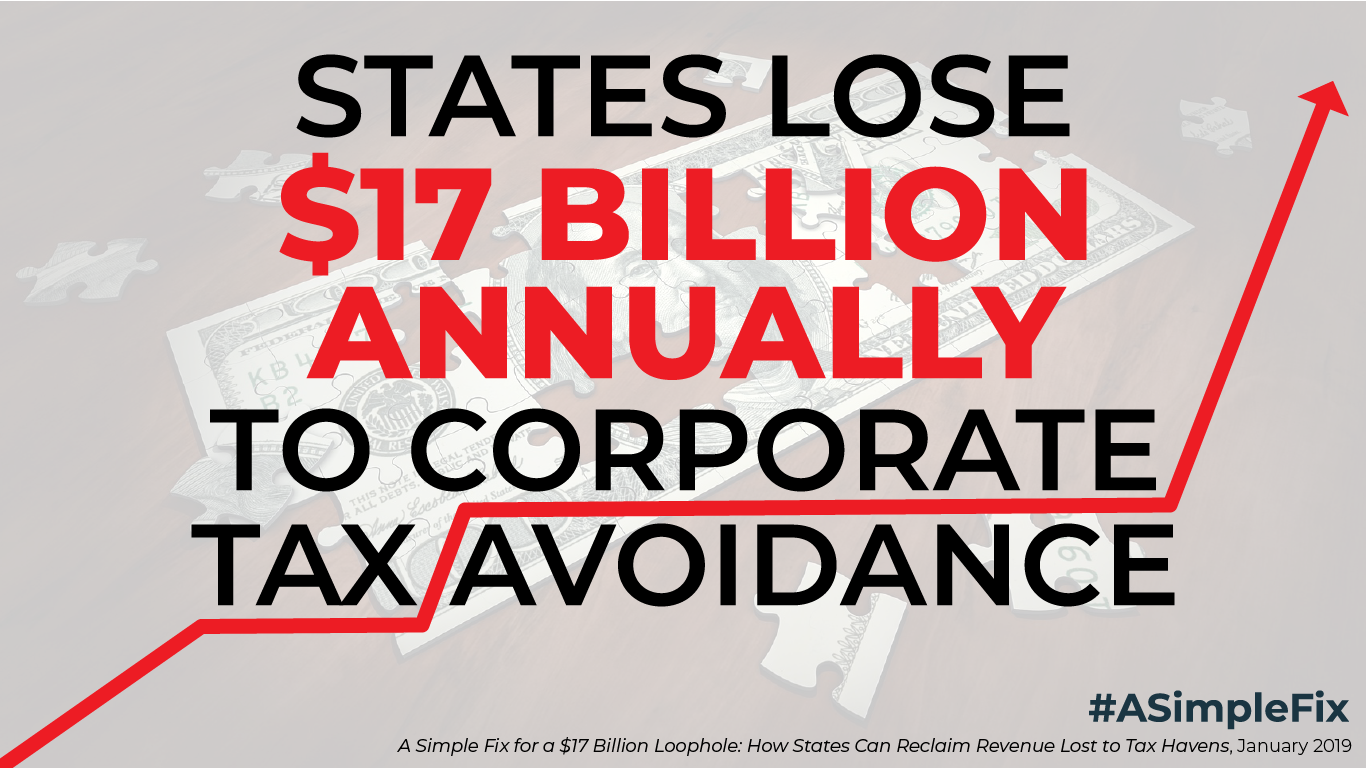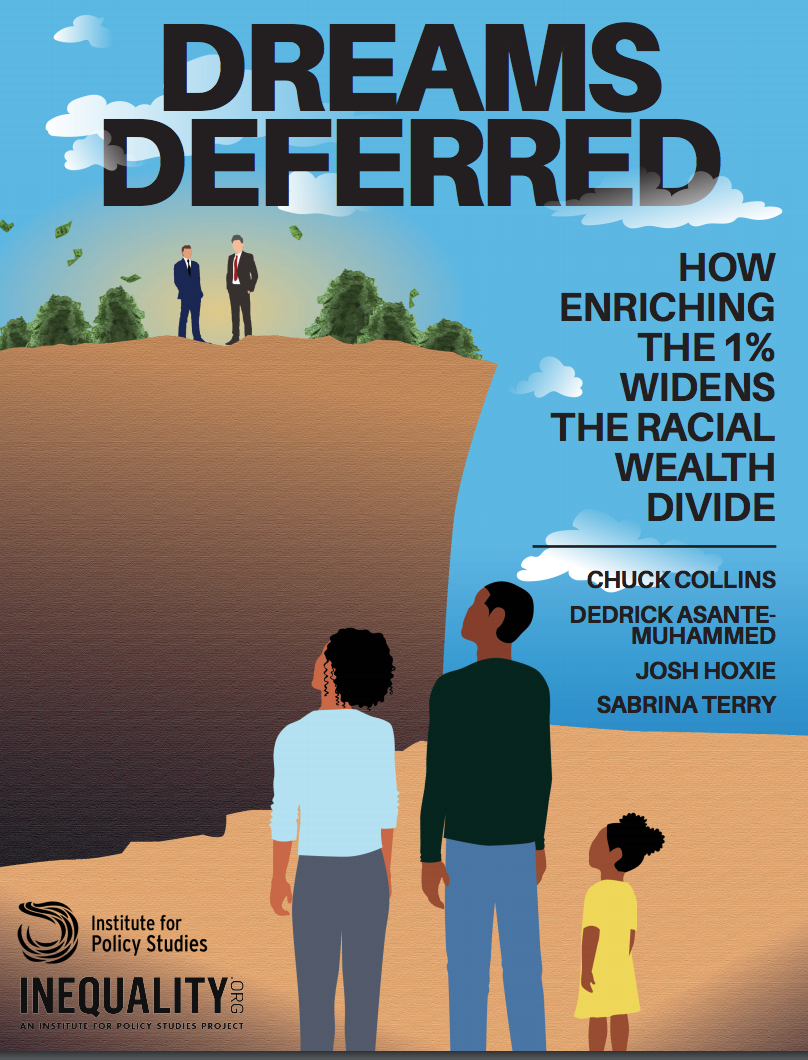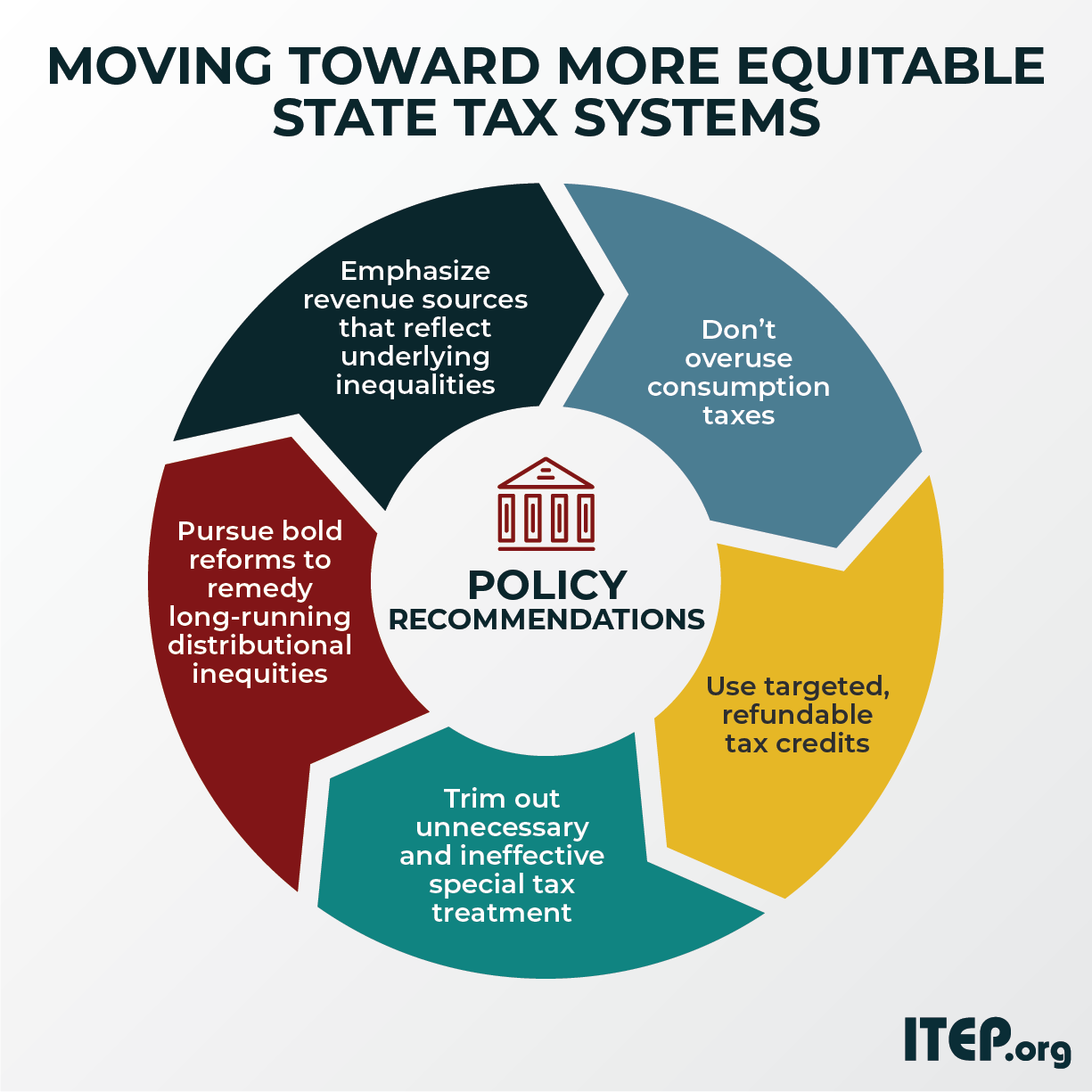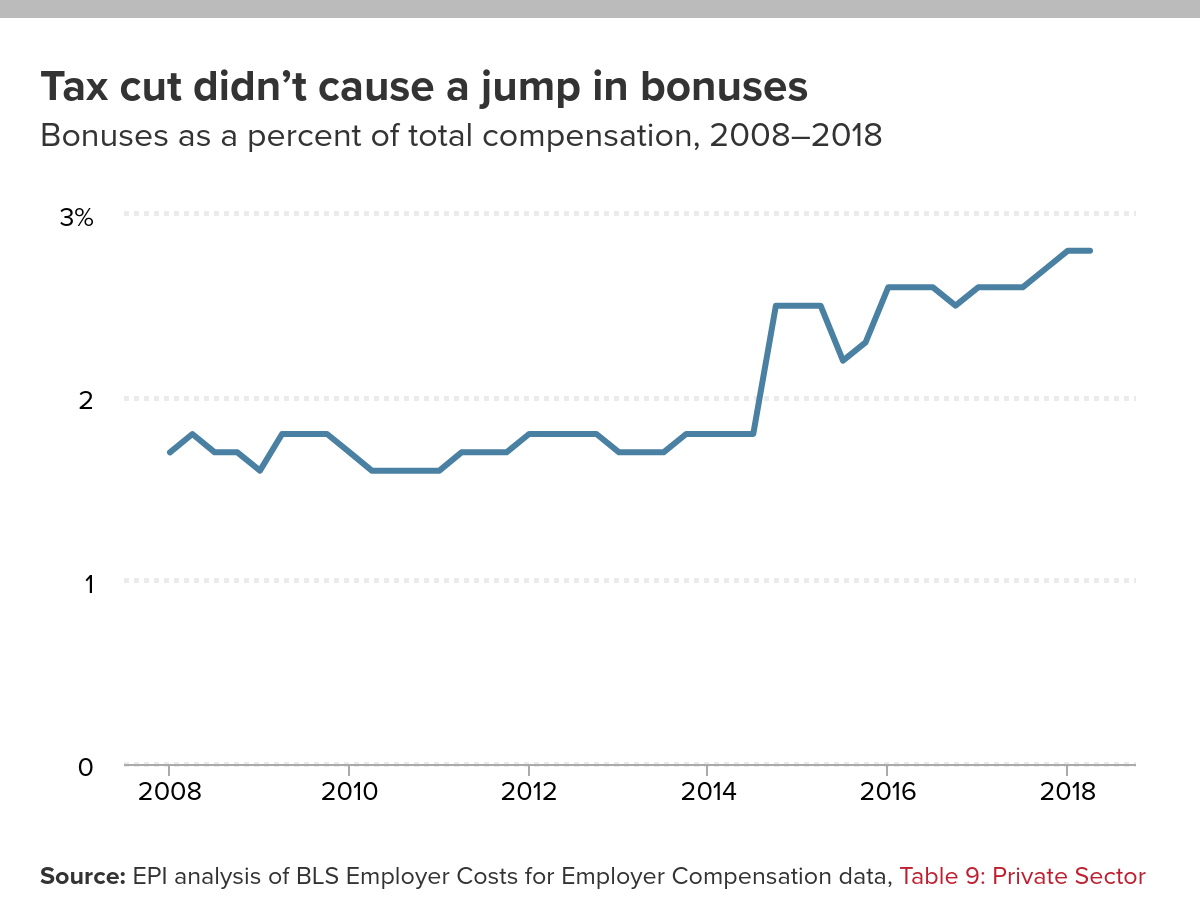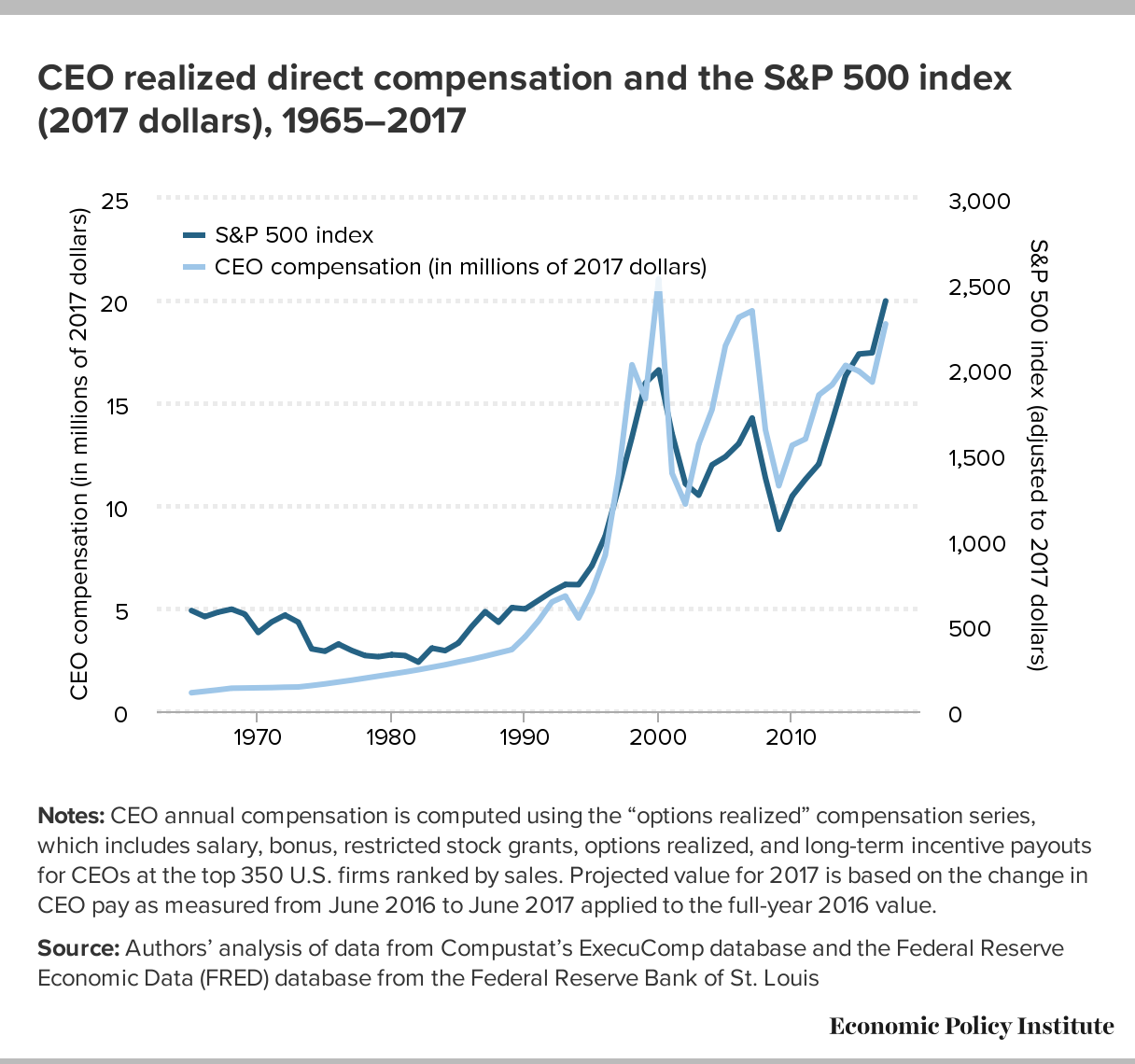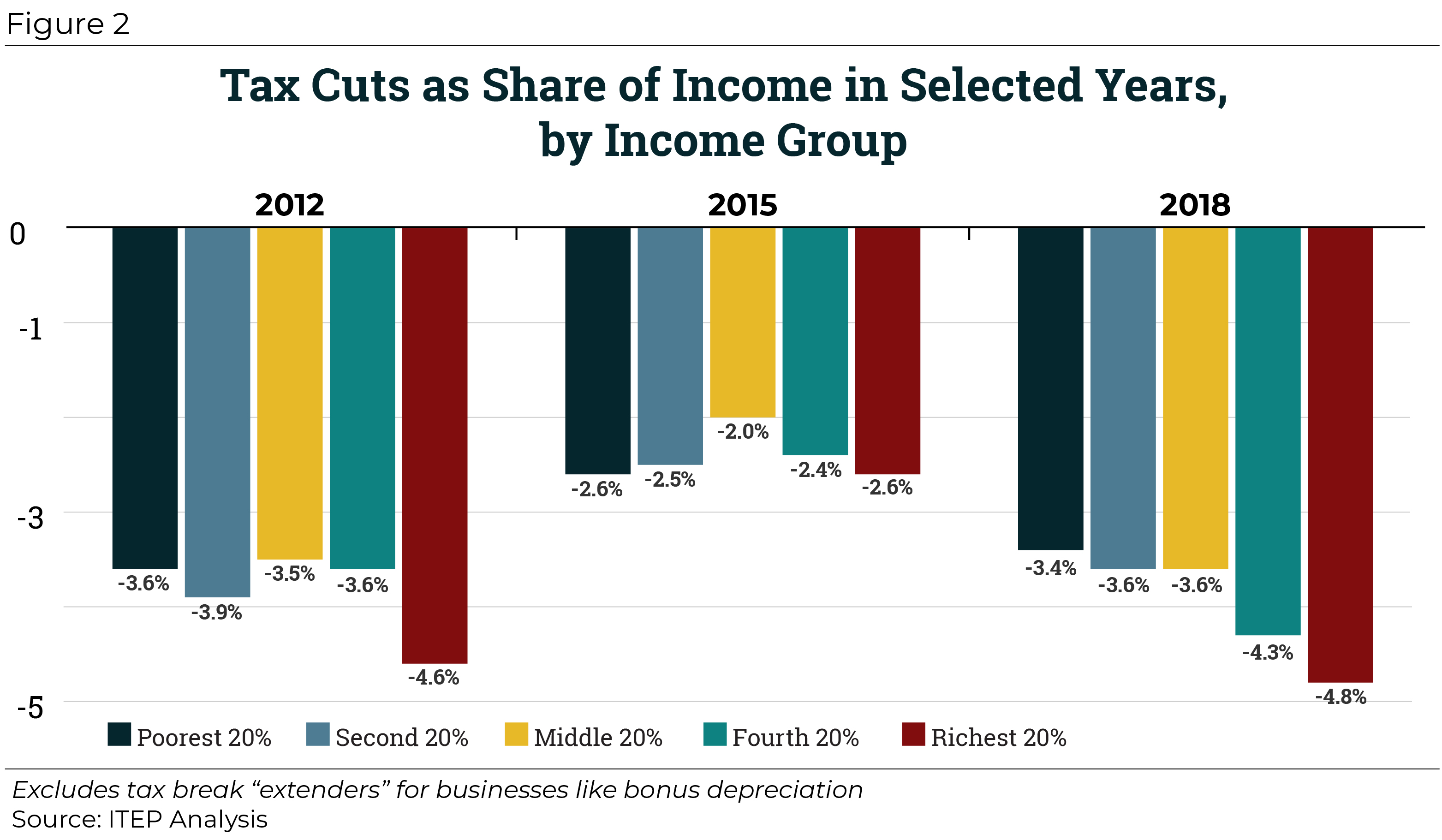This report from Institute on Taxation and Economic Policy, U.S. PIRG, SalesFactor.org and American Sustainable Business Council provides a roadmap for states to collect $17 billion lost annually to corporations stashing profits in tax havens.
Report: A Simple Fix for a $17 Billion Loophole
Institute on Taxation and Economic Policy, Jan. 17, 2019
